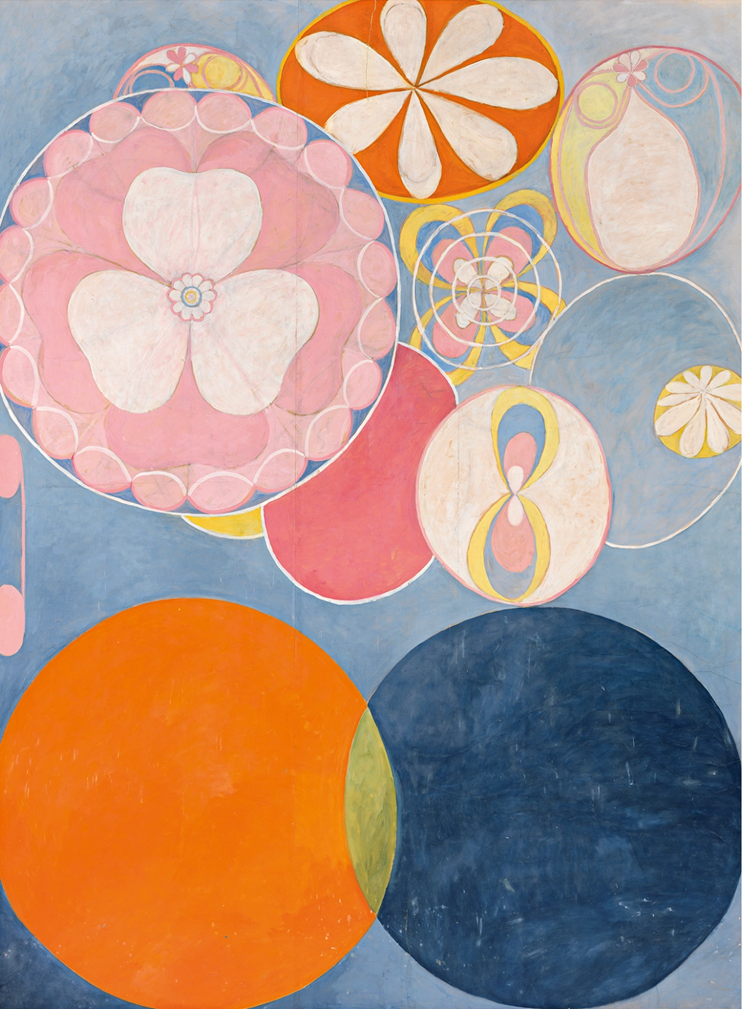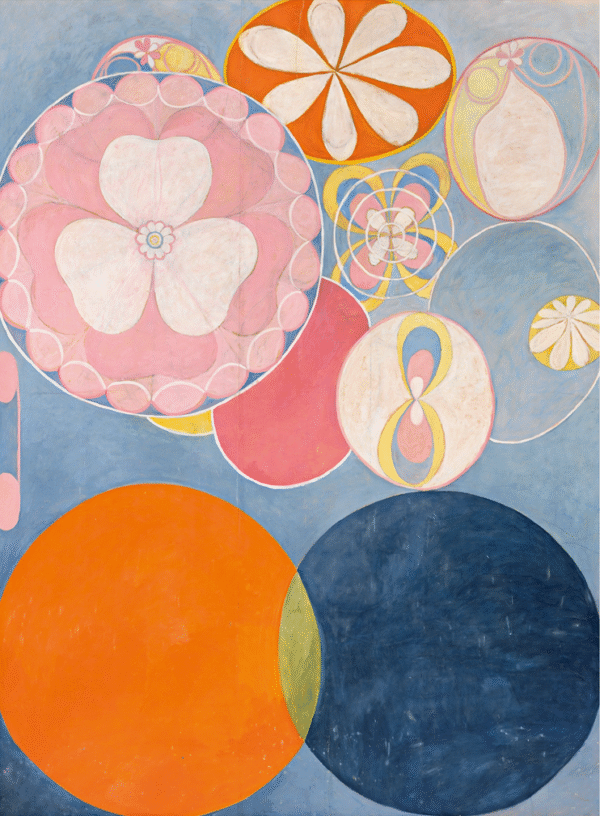Serotiny, in botany, refers to a trait in some plant species where seeds are retained within cones or fruits for extended periods, often years, until a specific environmental cue triggers their release. This adaptation is particularly common in fire-prone ecosystems, with fire often being the primary trigger for seed dispersal.
Posts tagged "recovery"
Nature/Nurture

As I watched the seagulls, I thought,
That’s the road to take;
find the absolute rhythm and
follow it with absolute trust.
—Zorba the Greek, Nikos Kazantzakis
Minimalism VII

Here’s a riddle, adapted from a Zen koan: imagine you’ve come into possession of a live goose, trapped in a large glass bottle. (Don’t ask how or why.) The animal has plenty of room in the bottle, and air to breathe, but the neck of the bottle is much too narrow for the goose to pass through. Your job is to remove the goose from the bottle without harming it, and without breaking any glass.
Perhaps you’ll laugh this off as obviously impossible. Or narrow your eyes and furrow your brow, as you try to figure out what you’re missing. In fact, the problem is neither impossible nor difficult. It’s easy. First, imagine the goose is outside the bottle.
Actually, there are no further steps. That’s it. You did it!
The solution above isn’t a trick. You were asked to imagine a goose in a bottle. Then, without realizing it, you decided that imaginary geese in imaginary bottles must obey the physical laws that constrain real geese in the real world. And thus you thought yourself into a dead end. —Oliver Burkeman
Restoration






